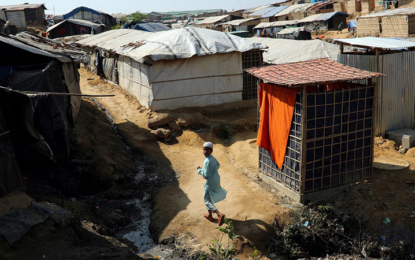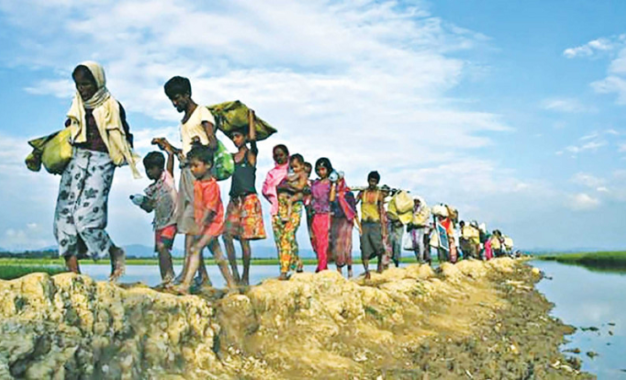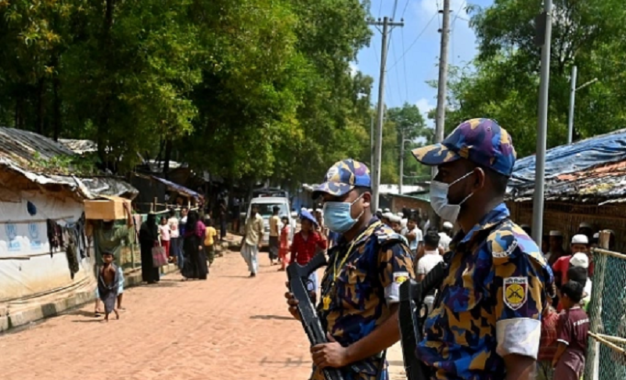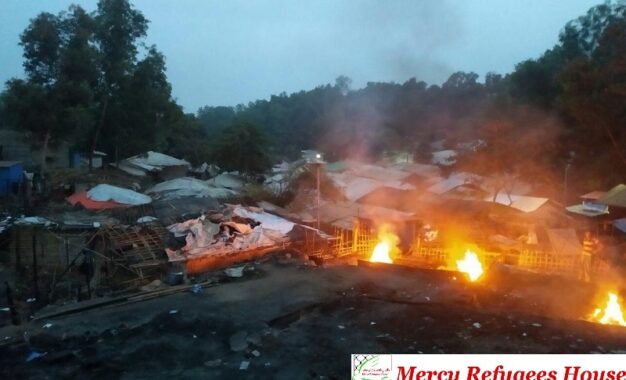Latest News
The Situation of the Rohingya and Deadly Sea Crossings
Bangladesh, Documents, Education, Help Refugees, Human Rights, Myanmar, Refugees Issues, Religious Rights

For decades, as an ethnic minority group, the Rohingya people have faced discrimination, oppression, and persecution in Myanmar. Stripped from their access to property, citizenship, and other basic rights, the predominantly Muslim Rohingya have been subjected to multiple waves of deadly, state-sponsored violence, as well as attacks of genocide.[1] Such conditions have resulted in the mass forced displacement of Rohingya as internally displaced persons (IDPs) in Myanmar and as refugees in its neighboring countries, especially Bangladesh.
Today, rapidly deteriorating conditions confront the Rohingya community, leaving many more of them with no choice but to succumb to dangerous means of escape. In Myanmar, these conditions have particularly worsened for the more than 600,000 Rohingya remaining in the country – including more than 140,000 people in IDP camps – following the Burmese military’s attempted takeover on February 1, 2021, and its subsequent human rights and humanitarian catastrophe.[2]
ALSO READ THIS: ‘EVERYWHERE THEY GO, THE ROHINGYA ARE EXPLOITED’
In Bangladesh, nearly 1 million Rohingya refugees remain denied reliable access to healthcare, education, and other basic necessities; and are now facing tightening restrictions to their livelihoods, safety, and protection.
Such circumstances have often rendered Rohingya in Myanmar and Rohingya refugees in Bangladesh vulnerable to human trafficking and, increasingly, deadly sea crossings across the South and Southeast Asian region. A transnational network of human smugglers and traffickers operate, facilitate, and profit from these perilous journeys, which imperil their victims with torture, forced labor, sexual violence, death, and other severe abuses.
However, existing international obligations and regional commitments to combat human trafficking and protect people at sea have yet to be upheld. The recent mass wave of deadly sea crossings by Rohingya people reveals the need for this crisis to be urgently resolved and comprehensively addressed by the Association of Southeast Asian Nations (ASEAN) and regional governments, international institutions, and other members of the international community.
Amazon Sponsorship
Recent Posts
Jul 29, 2023
It has been close to six years since hundreds of thousands of Rohingya faced a deadly genocide by Myanmar’s military and fled the country in search of protection and refuge in neighbouring Bangladesh. The Rohingya population has been undergoing persecution, discrimination, arbitrary arrests, and atrocities in Myanmar for over seven decades. Their condition is alarmingly […]


















